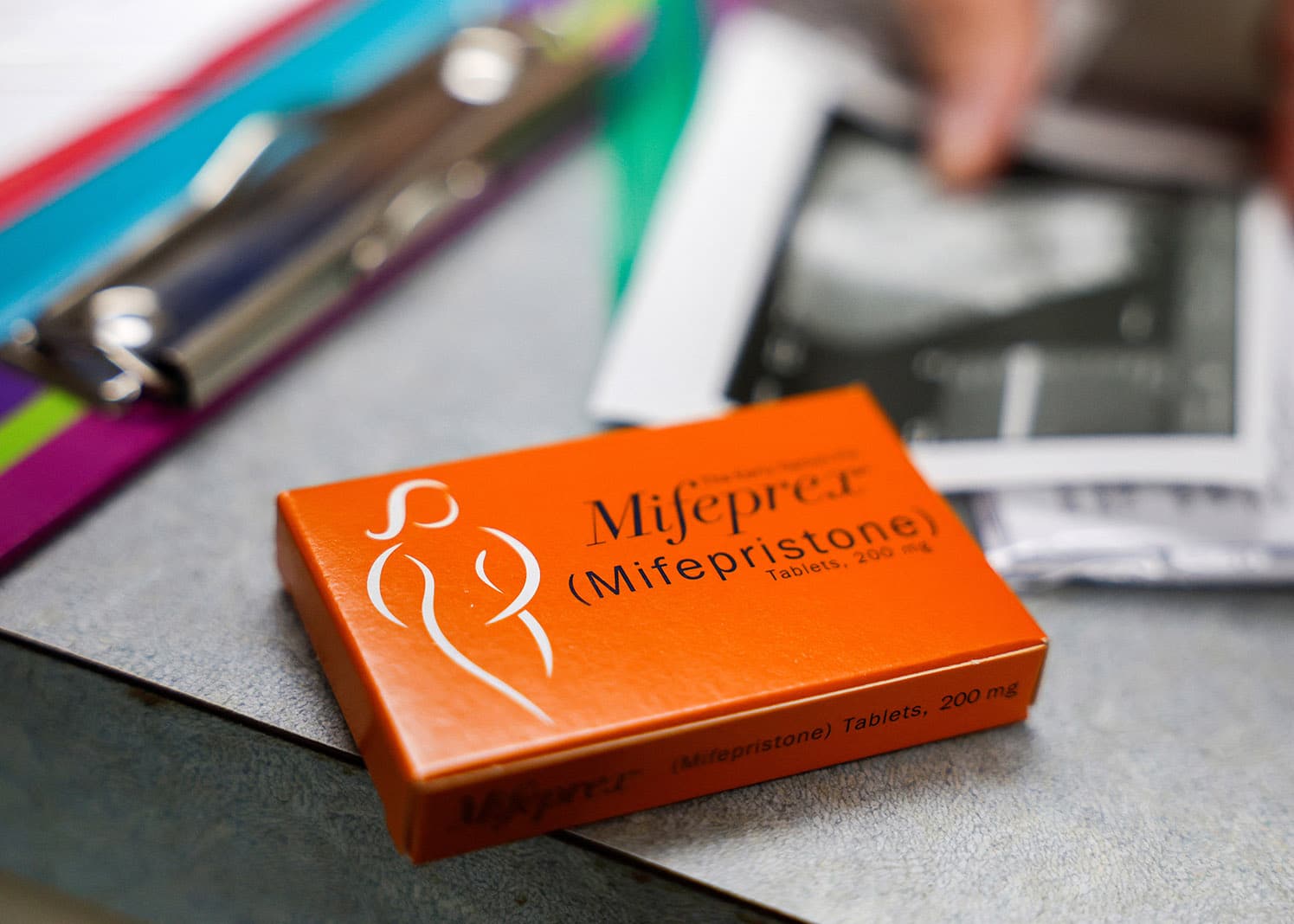WASHINGTON (OSV News) — The Supreme Court June 13 unanimously dismissed a challenge to mifepristone, a pill commonly used for abortion, finding that the challengers lacked standing to bring the case.
In a unanimous opinion written by Justice Brett Kavanaugh, the court found in FDA v. Alliance for Hippocratic Medicine that the “plaintiffs lack Article III standing to challenge FDA’s actions regarding the regulation of mifepristone.”
Supreme Court dismisses challenge to mifepristone
“Plaintiffs are pro-life, oppose elective abortion, and have sincere legal, moral, ideological, and policy objections to mifepristone being prescribed and used by others,” Kavanaugh wrote. “Because plaintiffs do not prescribe or use mifepristone, plaintiffs are unregulated parties who seek to challenge FDA’s regulation of others.”
“Plaintiffs advance several complicated causation theories to connect FDA’s actions to the plaintiffs’ alleged injuries in fact. None of these theories suffices to establish Article III standing,” he added.
The ruling was not unexpected, as during March oral arguments in the case, justices from across the court’s ideological spectrum appeared skeptical that the coalition of pro-life doctors challenging the reduced regulations had legal standing to bring the lawsuit, with the question of standing becoming more of a focus than whether the FDA acted lawfully.
A coalition of pro-life opponents of mifepristone, which is the first of two drugs used in a medication or chemical abortion, filed suit over loosened restrictions on the drug by the Food and Drug Administration, which included making it available by mail, arguing the government violated its own safety standards in doing so.
The FDA argued the drug poses statistically little risk to the mother in the early weeks of pregnancy.
Reactions from medical professionals and Women’s March
Dr. Ingrid Skop, a board-certified OB-GYN who has practiced in Texas and is a senior fellow and director of medical affairs at the Charlotte Lozier Institute, said in a statement, “It is deeply disappointing that the FDA was not held accountable today for its reckless decisions.”
“As a practicing OB-GYN with over 30 years’ experience, I have seen firsthand that mail-order abortion drugs harm my patients, both mothers and their unborn children,” she said. “Abortion advocates and corporate media ignore their stories as they shamelessly promote mail-order distribution of dangerous drugs without a single in-person doctor visit. As a tragic result, I expect to see more women need blood transfusions, emergency surgery and other drastic measures and our emergency medical systems overwhelmed. This is not health care, it’s abandonment and the pro-life community will never stop advocating for patients.”
Rachel O’Leary Carmona, executive director of Women’s March, said in a statement, “We are deeply relieved that the Supreme Court recognized the unfounded legal challenge to the Food and Drug Administration’s power to authorize mifepristone, and preserved access to the safe and effective abortion medication nationwide.”
History and use of mifepristone
First approved by the FDA in 2000, mifepristone blocks the hormone progesterone, which maintains proper conditions in the uterus during pregnancy. The drug is paired with misoprostol (initially created to treat gastric ulcers) as part of a chemical regimen for early abortion. Regulations on the drug were eased in 2016 and 2021, allowing it to be administered a few weeks later in pregnancy and for its distribution by mail.
The same pill combination also is sometimes prescribed to women who experience early pregnancy miscarriage in order to expel any fetal remains and residual pregnancy tissue from the womb. The American College of Obstetricians and Gynecologists updated its protocols to recommend a combination of mifepristone and misoprostol as more effective than misoprostol alone for early miscarriage care based on research published since 2018.
Prevalence of chemical abortions
Data from the Centers for Disease Control and Prevention shows that more than half of the abortions performed in the U.S. are chemical or medical, rather than surgical. The ruling maintains the current availability of the drug.
The case was the first major case involving abortion on its docket since the high court overturned its previous abortion precedent in 2022.







